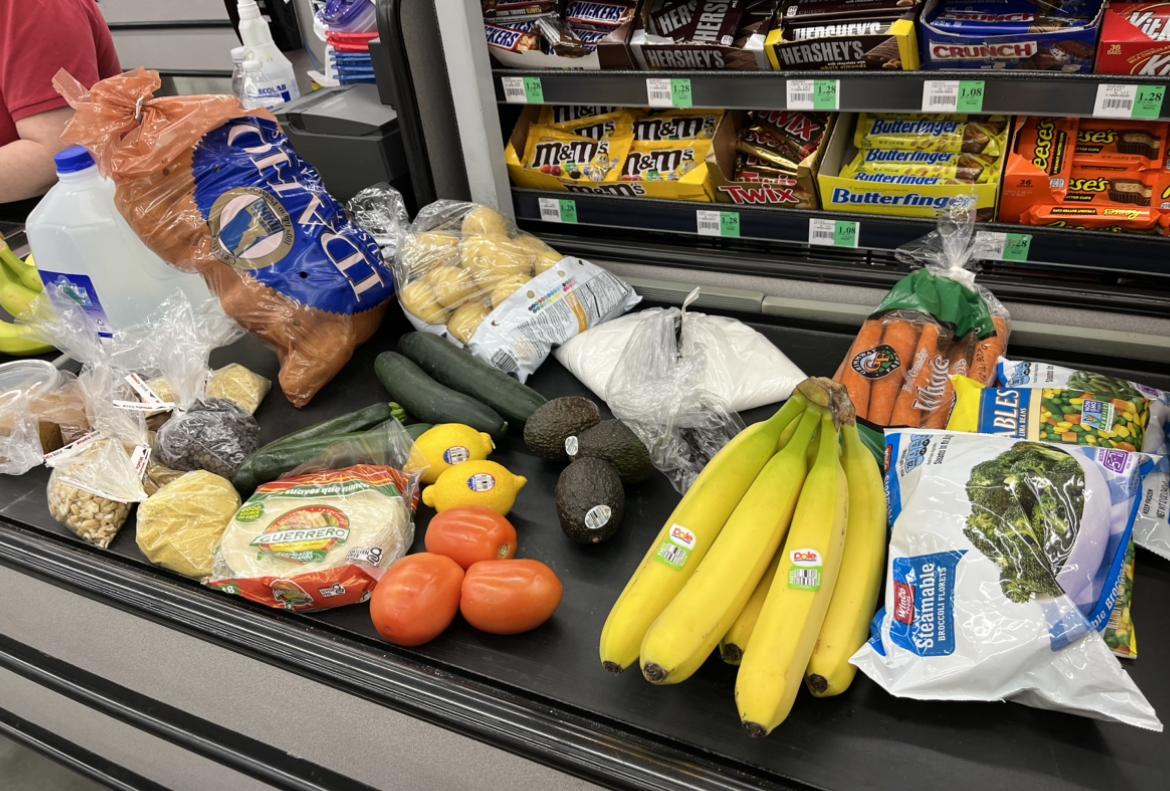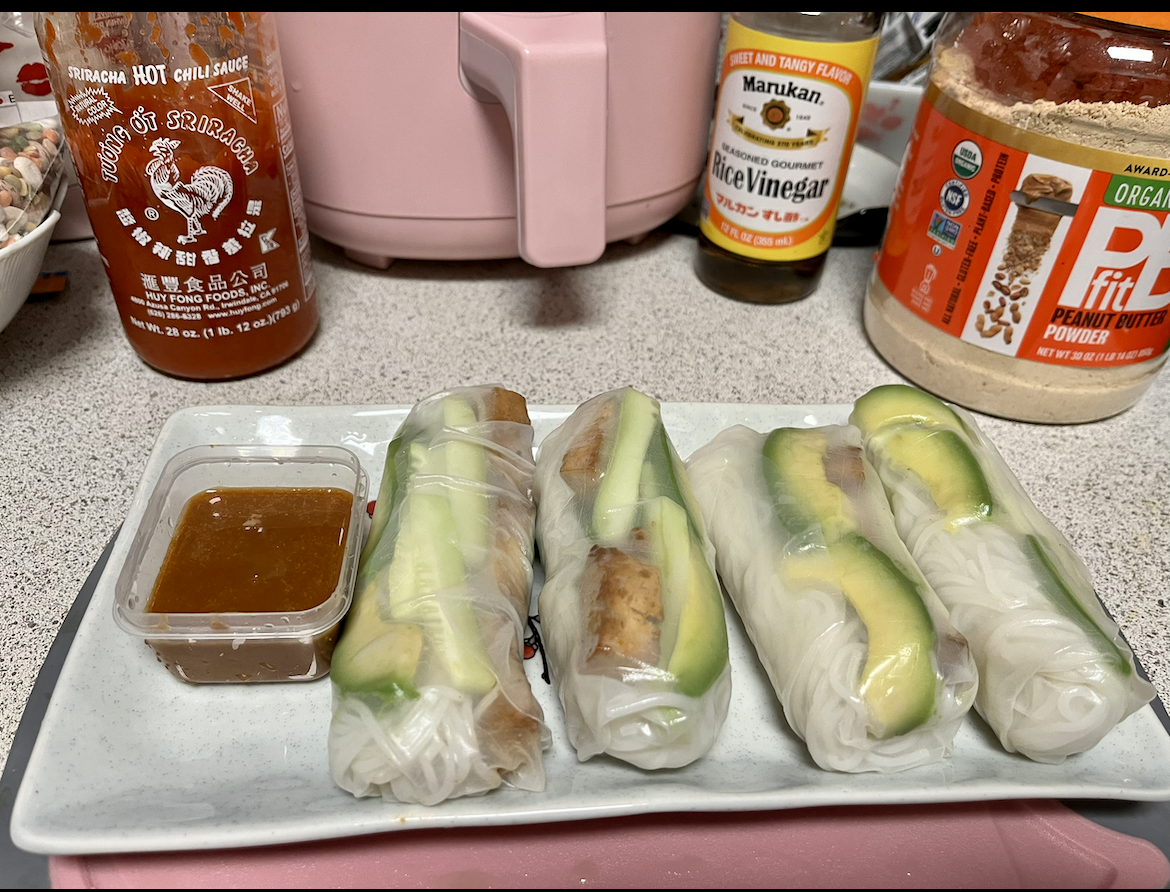Welcome, health enthusiasts and aspiring wellness warriors, to a journey of vibrant nourishment and holistic well-being! If you've been contemplating a shift towards a more sustainable, compassionate, and healthful lifestyle, there's no better time to explore the wonders of a Whole Food Plant-Based (WFPB) diet. In this blog post, we'll delve into the essentials and provide you with practical tips to kickstart your adventure towards a healthier and more fulfilling way of eating.
1. Understanding the Essence of a Whole Food Plant-Based Diet:
At its core, a WFPB diet emphasizes the consumption of whole, unrefined plant-based foods while minimizing or eliminating animal products and processed foods. It's a lifestyle choice that embraces the incredible array of fruits, vegetables, legumes, whole grains, nuts, and seeds nature offers us.
2. Plant-Based Pantry Staples:
To embark on your WFPB journey, it's essential to stock your pantry with wholesome staples. Fill your shelves with vibrant produce, including leafy greens, colorful fruits, and an assortment of vegetables. Whole grains like quinoa, brown rice, and oats will provide sustenance, while legumes such as lentils, chickpeas, and black beans offer a protein-packed punch. Don't forget to keep a variety of nuts, seeds, herbs, and spices to enhance flavors and provide essential nutrients.
3. Gradual Transition:
Transitioning to a WFPB diet can be an exciting process, but it's essential to be patient with yourself. Instead of overwhelming yourself with drastic changes, consider taking small steps towards incorporating more plant-based foods into your meals. Begin by introducing meatless Mondays or experimenting with new vegetable-based recipes each week. Slowly, you'll discover a world of flavors and textures that will make your taste buds dance with delight.
4. Meal Planning and Prepping:
Meal planning and prepping are invaluable tools on your WFPB journey. Dedicate some time each week to plan your meals, ensuring they include a balance of macronutrients and a wide variety of plant-based ingredients. Batch-cook your grains, legumes, and roasted vegetables to have them readily available for quick and nourishing meals throughout the week. Investing in quality food containers will make it easier to pack and transport your homemade meals, encouraging healthier choices on the go.
5. Exploring New Flavors and Recipes:
One of the joys of embracing a WFPB lifestyle is the opportunity to explore an array of exciting flavors and recipes. Dive into the world of plant-based cookbooks, online resources, and cooking blogs to discover mouthwatering creations that align with your preferences and dietary needs. From vibrant salads and hearty stews to plant-based burgers and delectable desserts, the possibilities are endless.
6. Nurturing Mind and Body:
Remember, a WFPB diet isn't solely about the food on your plate. It's a holistic approach that nurtures both your mind and body. Embrace regular physical activity, prioritize sleep, and practice mindful eating. Connect with nature, engage in stress-reducing activities, and surround yourself with a supportive community to enhance your overall well-being.
Conclusion:
Embarking on a Whole Food Plant-Based journey is an invitation to reclaim your health, nourish your body with wholesome goodness, and make a positive impact on the planet. By embracing this lifestyle, you align yourself with a community of like-minded individuals who believe in the power of conscious eating. Remember, every step you take towards a WFPB diet is a step towards a healthier, more compassionate future. So, lace up your apron, explore the wonders of plant-based cuisine, and savor the transformative benefits of a whole food plant-based lifestyle.
Disclaimer: The information provided in this shopping list and any accompanying content is for general informational purposes only. It is not intended as a substitute for professional medical advice, diagnosis, or treatment. Always seek the advice of your physician or another qualified health provider with any questions you may have regarding a medical condition or dietary changes. Reliance on any information provided in this shopping list or related content is solely at your own risk. The author and OpenAI assume no responsibility for any consequences that may arise from following the suggestions outlined herein. It is recommended to consult a healthcare professional or registered dietitian before making significant changes to your diet or lifestyle.











No comments:
Post a Comment